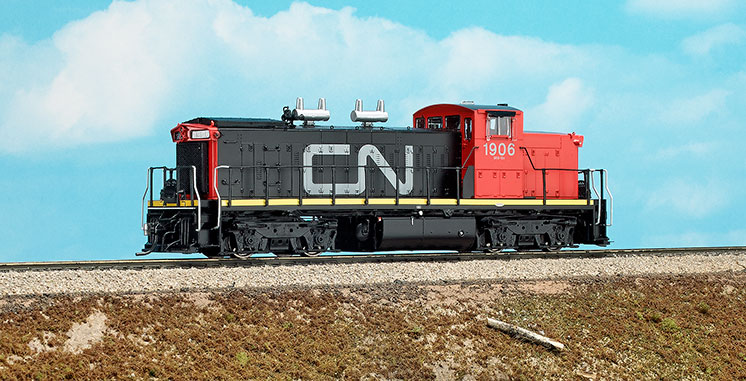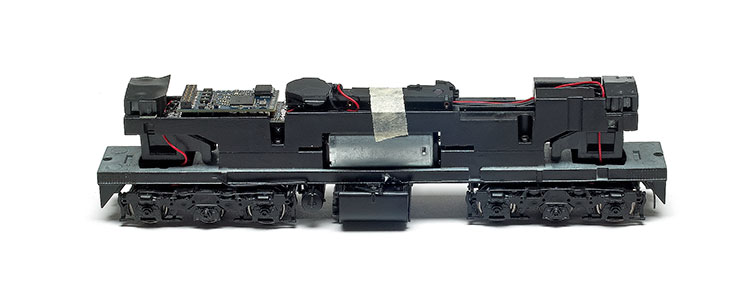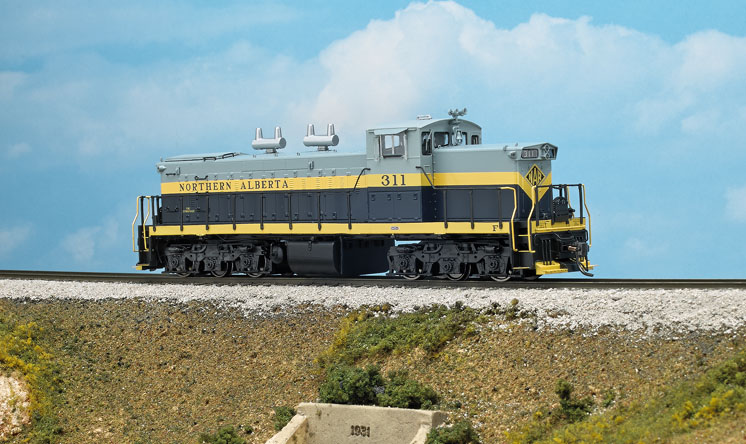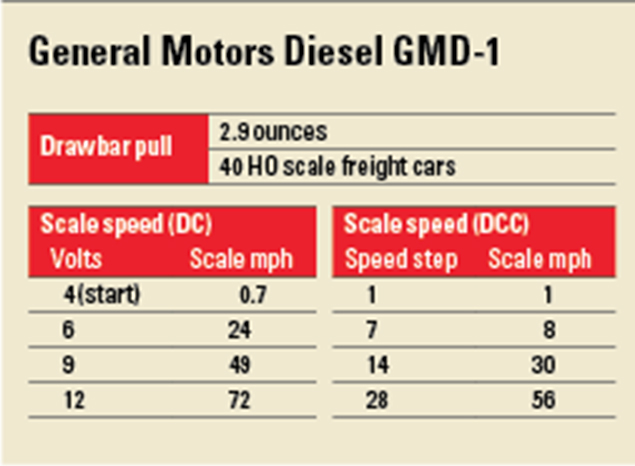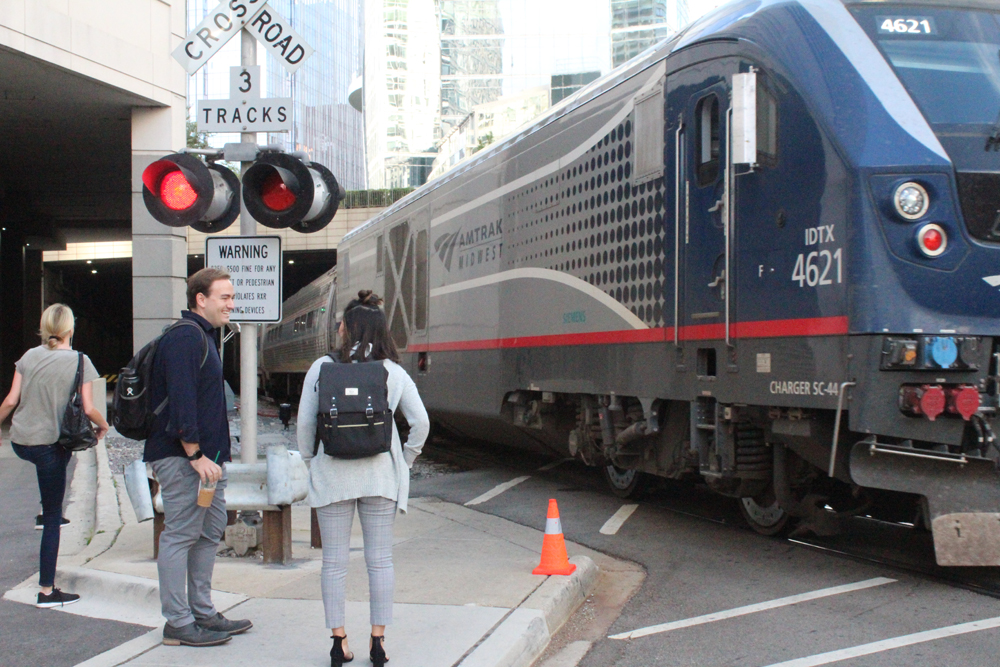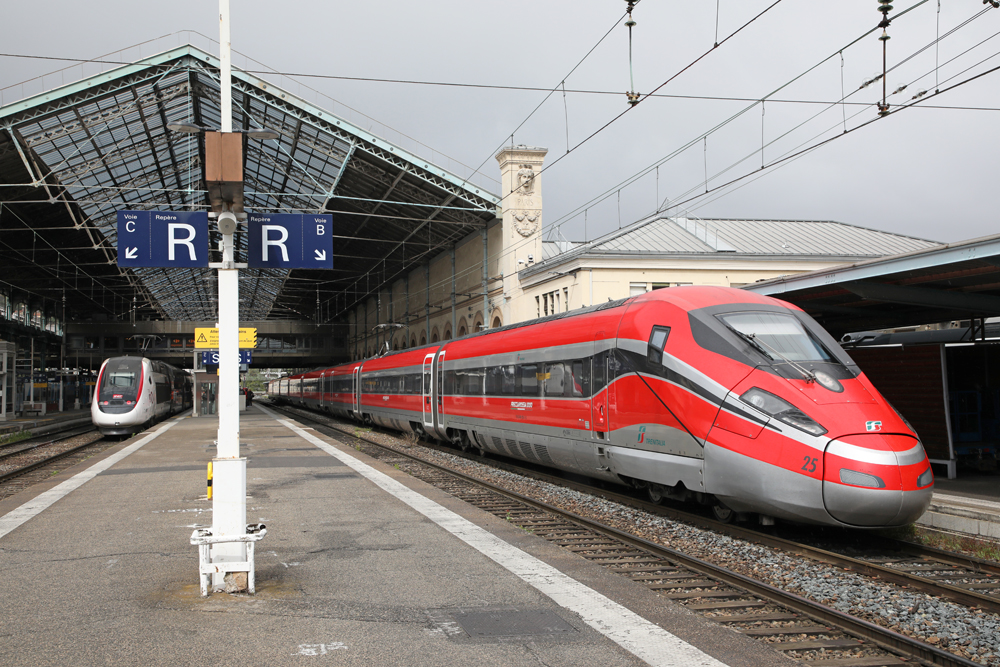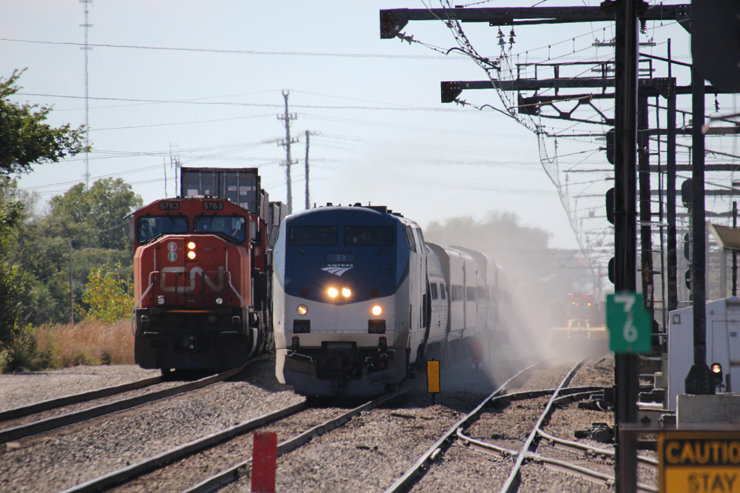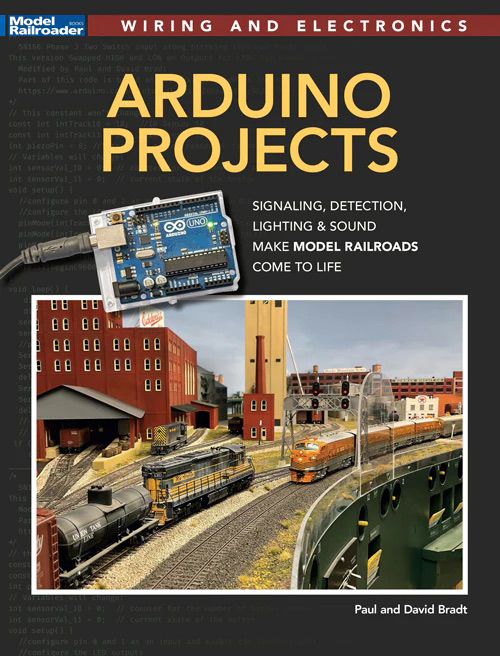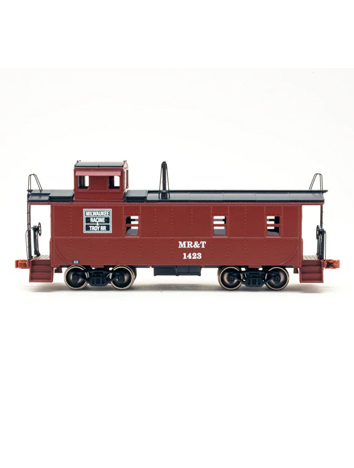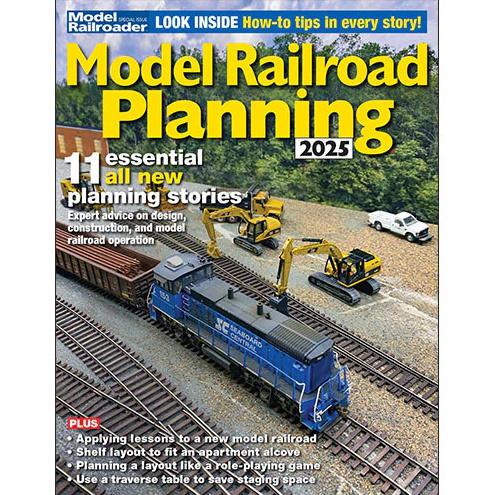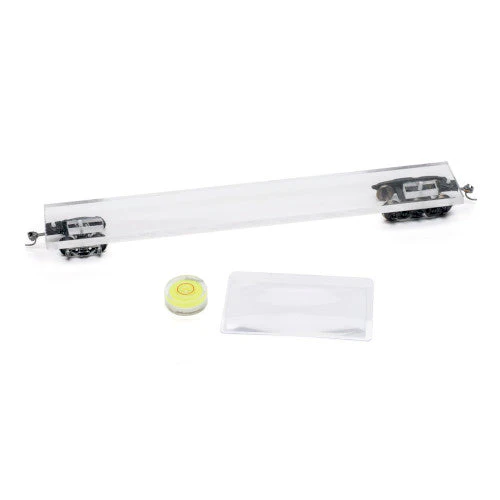The prototype. Built by General Motors Diesel Ltd., a subsidiary of GM’s Electro-Motive Division, the GMD-1 was designed for use on Canadian National’s lightly built prairie branch lines. The London, Ont., plant started production in 1958, and when the last units rolled out the doors in 1960, 101 had been built.
Northern Alberta Ry., jointly owned by CN and Canadian Pacific, had five engines built. They differed from the CN units in that they were designed to run short-hood forward, and had the control stands placed appropriately. In 1961, NAR purchased two GMD-1s from CN to add to its small fleet. These, numbered 311 and 312, were converted to run short hood forward like their stablemates.
All of the locomotives had 1,200 horsepower EMD 567C 12-cylinder engines. Some of the locomotives, including all of the NAR engines, rode on A1A Flexicoil trucks to reduce axle loadings on the light branchline tracks. The last 18 units ordered by CN had B-B Flexicoil trucks, and steam generators under the short hood with their attendant watertanks underneath the locomotive, next to the fuel tanks.
These later locomotives, numbered 1900 to 1917 and intended to haul branchline passenger trains, wound up mostly hauling freight and doing switching chores because they were too heavy for the branch lines. Most of the branchline passenger service was gone by the mid-1960s, anyway.
The model. Rapido offers its GMD-1 in two versions. One with the A1A trucks and small fuel tank, and one with B-B trucks, a fuel tank and water tank, and a steam generator. We received two samples from Rapido, a DC model decorated in CN’s black-and-red “wet noodle” paint scheme with B-B trucks, and a DCC model decorated for NAR with A1A trucks. Both models have cab interiors. The CN’s is oriented to operate with the long hood forward, as per the prototype, and the NAR is set up for short-hood-forward operation.
Rooting around in the David P. Morgan library here at the office, I found a blueprint for the GMD-1 dated May 1958. The Rapido model matched every dimension on the drawing, except overall height. Drawings published in the November/December 1998 Canadian Railway Modeller show a different roof height – 3 inches taller than the early GMD dimension, which the Rapido model matches.
The paint on both samples was opaque, but the yellow on the NAR locomotive was a bit heavy and had some tiny voids around some of the hood louvers and around plates at the top of the pilots. The CN model likewise had voids in the yellow sill stripe in the same area of the pilot, and in the CN noodle logo.
All other lettering is sharp and opaque, and if I squinted hard enough, I could make out the note above the handbrake on the NAR unit that said “The normal use of the hand brake is to hold the unit when standing.”
In addition to the detail parts attached to the locomotives, Rapido tosses in a bag with more parts. These include painted stacks without spark arrestors, all-weather windows for the cabs, rerailing frogs, truck-mounted sandboxes, and on the CN unit, the choice of early or late radiator covers.
The steps at the ends are perforated metal, as are the footboards. Walkways have diamond-tread texture. Grills for the radiator, both on top of the hood and at the end, are etched metal. Grab irons and lift rings are also metal. The scale-thickness handrails are flexible plastic. The cab is detailed with sunshades, air deflectors, and windshield wipers.
On the test track. I tested the GMD-1 equipped with an ESU LokSound Select dual-mode DCC decoder. With the test track hooked up to a DC powerpack, Rapido’s model came to life at only 4V, low for a dual-mode decoder equipped model, but the sound had a bit of static. It started to creep forward at less than 1 scale mph. At about 6V, the sound smoothed out. At 12V, it reached a top speed of 72 scale mph.
Using an MRC Prodigy Advance2 system on our DCC test track, the GMD-1 started rolling in speed step 1 at 1 scale mph and topped out at 56 scale mph in speed step 28. Unlike some sound-equipped models I’ve tested, Rapido’s GMD-1 is silent when first placed on the rails. Pressing function 8 cues a startup sequence if the locomotive is stationary. If the model is already on the move, the sound picks up to match the locomotive’s speed.
After programming the model to match its cab number, I took it over to the Wisconsin & Southern Troy Branch on the Model Railroader club layout. One of the DCC functions I enjoyed was straight to 8, accessed through function 3. This simulates the practice of putting a locomotive in notch 8 in order to start a heavy train. The model had no trouble pushing and pulling freight cars through various turnouts on the layout.
There are also a few “Easter Eggs,” or unlabeled functions, available. Sound effects from the original Star Trek series can be accessed with functions 14 through 17.
I also set up the Automatic Motor Tuning feature. This sends the model off at top speed, then it gradually slows down to a stop. While this is going on, the Back-EMF circuit is reading motor responses. The model was noticeably smoother afterward.
This is a fine model of an unusual prototype. If you’re already modeling the Canadian prairie, a GMD-1 locomotive is a must-have. If you’re searching for a prototype to model, this offering might just have you looking to the windswept plains of Canada.
Price: $325 (DCC sound), $225 (DC, no sound)
Manufacturer
Rapido Trains Inc.
500 Alden Road, Unit 16
Markham, Ontario L3R 5H5
Canada
www.rapidotrains.com
Era: 1958 to early 2000s (CN), as decorated
Road names: Canadian National (black and red), Northern Alberta Ry., CN (black), CN (green), and undecorated. Multiple road numbers, plus decals.
Features
▪▪5-pole, skew-wound motor
▪▪A1A-A1A or B-B trucks, per prototype, eight wheels driven on both types
▪▪Die-cast metal chassis
▪▪Macdonald-Cartier metal couplers at correct height
▪▪Metal RP-25 contour wheels in gauge
▪▪Weight: 14.1 ounces





